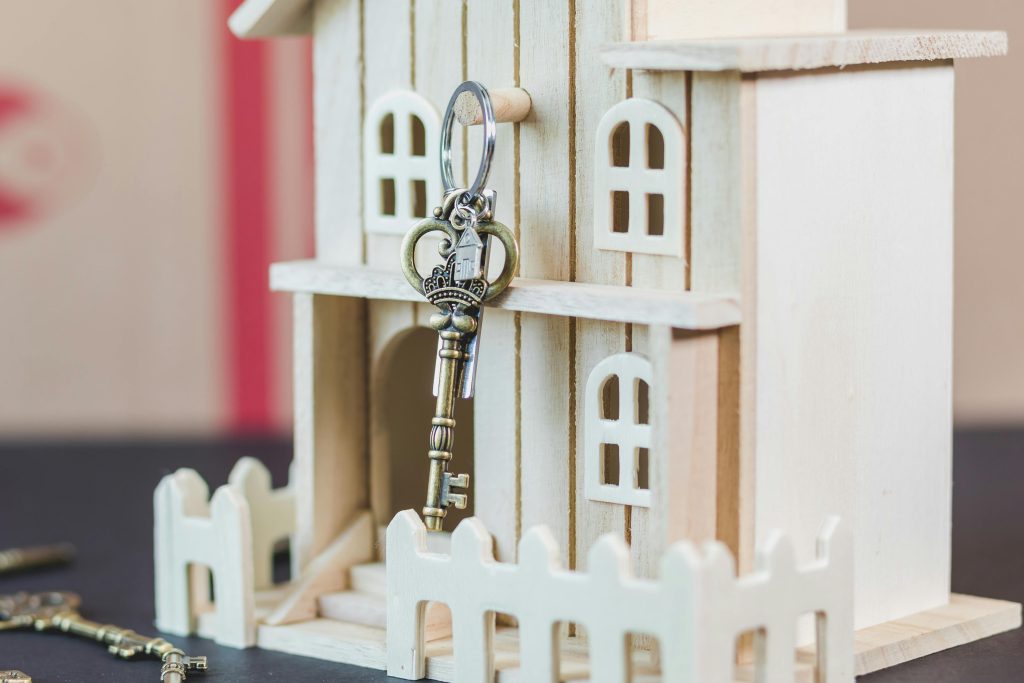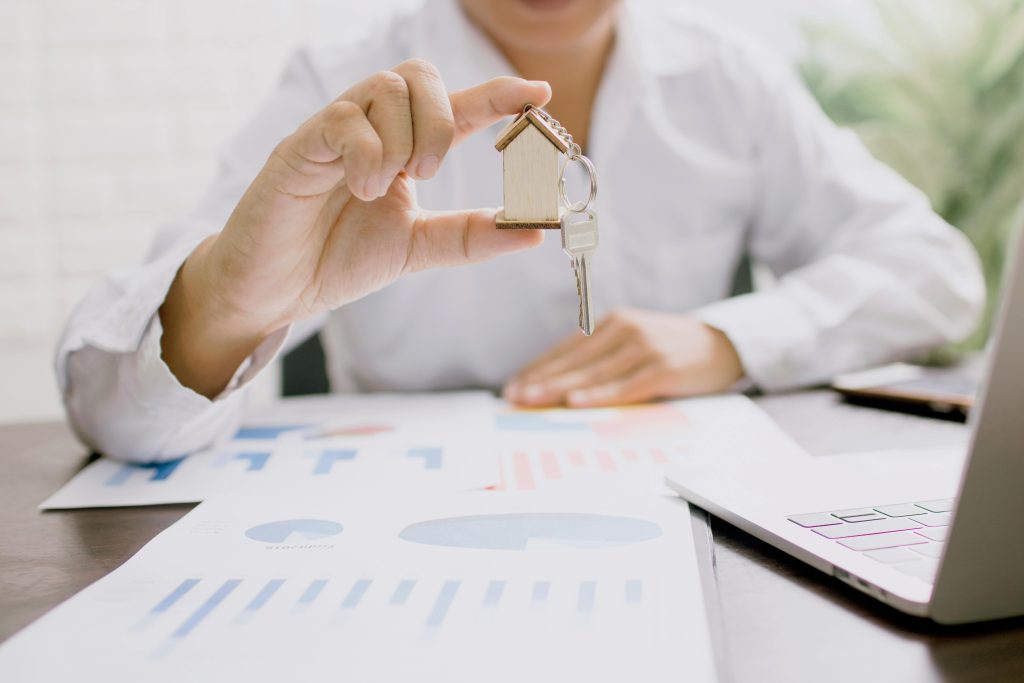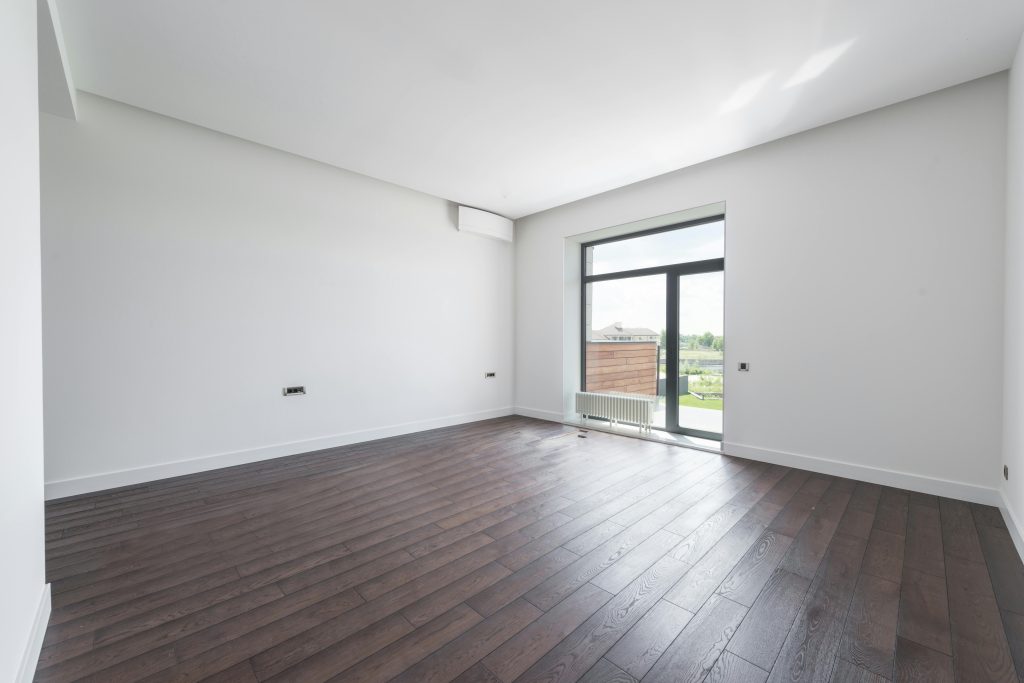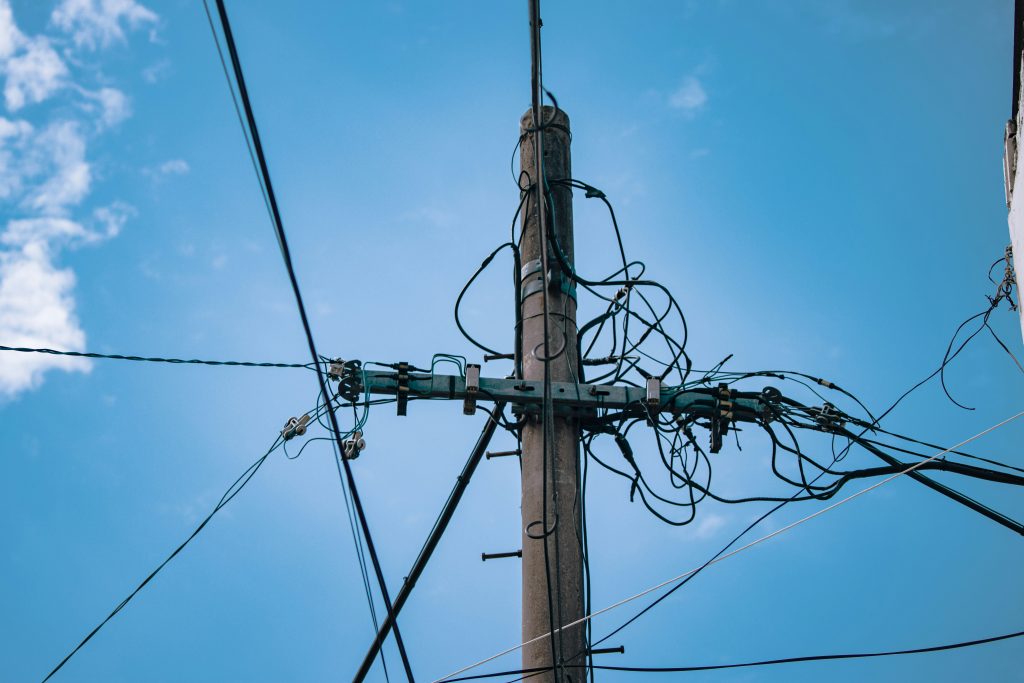So, you bought your home using the Help-to-Buy equity loan scheme, and now you’re thinking of selling. You’ve probably heard it’s a bit of a faff — and yes, it’s not quite as simple as a normal sale.
But it is completely doable — as long as you follow the right steps.
And that’s where this guide comes in.
I’ll walk you through exactly how to sell a Help-to-Buy property in 2025, what rules still apply, how to repay your loan, and what to do if you’ve staircased or remortgaged. You’ll also see where Property Rescue can help if things get tricky.
Let’s get started.
Understanding the Help-to-Buy Equity Loan Scheme
The Help-to-Buy equity loan was a government scheme (now closed) that helped people get on the property ladder with just a 5% deposit. It was mainly for new-builds.
The government would lend you up to 20% of the property’s value (or 40% in London), interest-free for the first five years.
After that? Interest kicks in at 1.75%, rising each April with inflation (RPI + 1%).
If you’re still within those first five years, lucky you. If not, you’re probably feeling the pinch — especially with inflation where it’s been lately.
Why You Must Repay the Equity Loan on Sale
Here’s the crucial bit: when you sell, you repay the government’s percentage share of your home’s current market value — not what you originally borrowed.
So, if your home’s gone up in value, you’ll pay back more than you borrowed.
If it’s dropped? You’ll repay less.
Either way, repayment is a percentage of whatever the property sells for or is valued at (whichever is higher — more on that below).
Scheme Status in 2025
The Help-to-Buy equity loan scheme officially closed to new applicants back in 2022.
But if you’ve got one of these loans, you’re still bound by the original terms.
Homes England still owns that equity stake — and they’ve appointed a company called Lenvi to manage the admin (think of them as the middleman).
Step-by-Step Guide to Selling a Help-to-Buy Property
Step 1 – Market Your Property Like Any Other Sale
Start the usual way: pick a good estate agent (ideally one with Help-to-Buy experience) and get your property on the market.
No need to notify Homes England or Lenvi at this stage. That comes later.
Just focus on finding a buyer.
Step 2 – Accept an Offer (Subject to Contract)
Once you’ve had an offer and accepted it (subject to contract), that’s when the Help-to-Buy-specific steps kick in.
You’ll need to get your loan formally redeemed before the sale can complete. Let’s dive in:
Step 3 – Get a RICS Valuation
This one’s critical.
You’ll need a valuation by a RICS-registered surveyor — and it must follow strict formatting rules. If it doesn’t, Lenvi will reject it.
Here’s what to watch for:
- The surveyor must be RICS-certified (not just any estate agent’s ‘valuation’).
- The report must be addressed to you, mention Help-to-Buy redemption, and be no more than 3 months old at completion.
- It must be a full market valuation — not a desktop or drive-by.
- The surveyor must be independent and have no connection to you or the buyer.
Once done, this valuation will determine how much you owe to Homes England.
Step 4 – Contact Lenvi and Apply for Redemption
You’ll now need to fill in the Help-to-Buy Loan Redemption application form and submit it to Lenvi along with:
- Your RICS valuation
- Your memorandum of sale (from the estate agent)
- The £200 admin fee
Lenvi will then review everything and send you a settlement figure — i.e. the amount you’ll need to repay on completion.
Step 5 – Instruct a Solicitor
Your solicitor will now deal with Lenvi and handle the legal side.
They’ll agree a legal undertaking — which confirms that the loan will be repaid out of your sale proceeds — and ensure all charges are lifted at the Land Registry once complete.
This step is vital. Your buyer’s solicitor will insist that the Help-to-Buy charge is removed before completing.
Step 6 – Exchange Contracts and Complete
Once everything’s in place, you can exchange contracts and set a completion date.
On completion, your solicitor will:
- Pay off your mortgage (if you have one)
- Pay Lenvi the equity loan settlement
- Deduct fees (if any)
- Transfer the remainder to you
Homes England’s charge is then removed from the Land Registry.
You’re done.
Alternative Routes: Staircasing and Early Repayment
What is Staircasing?
Staircasing means buying back chunks of the equity loan before selling — and it’s more common than you think.
You can staircase by repaying at least 10% of the current market value at a time.
Some people do this in stages to reduce how much they’ll owe when they eventually sell.
Key thing to note: each time you staircase, you’ll need a new RICS valuation, and the same strict format rules apply.
Can I Repay My Equity Loan Without Selling?
Yes, absolutely.
You can repay your Help-to-Buy loan at any time without selling the property.
This might be worth doing if:
- You’ve saved up enough or inherited funds
- You’re remortgaging to pay it off
- You want to remove the government’s stake before house prices go up further
If you repay the full loan, the property becomes a standard sale — no extra admin, no Homes England, no Lenvi involvement when you later sell.
It gives you flexibility and could save you money in the long run.
Important Legal and Practical Considerations
Can I Sell Below Market Value?
No — and this is a biggie.
Homes England will demand repayment based on the higher of:
- The RICS valuation, or
- The agreed sale price
Why? Because they want to avoid any underhand sales at below market value to friends or family.
So even if you get a lower offer accepted for a quick sale, you’ll still repay based on the higher valuation figure.
Do I Still Pay Interest During the Sale?
Yes.
Interest and management fees on the Help-to-Buy loan continue right up until it’s repaid on completion day.
If your sale drags on for months, that’s more interest building up — so it’s worth moving things along as fast as possible.
What If I Have Arrears or Can’t Sell?
If you’re already behind on loan payments, those arrears must be cleared as part of the sale.
Capital Gains Tax and Other Tax Considerations
Selling your Help-to-Buy home might come with a tax bill — but only in certain cases.
CGT Basics
Capital Gains Tax (CGT) is a tax on the profit you make when selling an asset — including property.
However, if the property has always been your main residence, you’re normally exempt under Private Residence Relief.
But here’s where it gets tricky…
When CGT Does Apply
You might face a CGT bill if:
- The property has been rented out at any point
- It’s a second home or buy-to-let
- You’ve only lived in it part-time
In those situations, only a portion of the gain is tax-free — and the rest could be taxed.
2025 CGT Rates (Updated)
As of the 2024 Autumn Budget, CGT rates on residential property sales have increased:
- Basic-rate taxpayers pay 18%
- Higher-rate taxpayers pay 24%
So if you’re selling a Help-to-Buy home that isn’t your main residence, you might owe CGT at those rates on any gain above your £3,000 annual allowance.
Tip: Always speak to a tax adviser — they can help you calculate what’s owed, if anything, and make sure you claim any reliefs you’re entitled to.
Common Pitfalls to Avoid
There are a few common mistakes sellers make with Help-to-Buy properties — and they can cost you time, money, or both.
Here’s what to watch out for:
1. Not Using a RICS-Approved Surveyor
This one’s non-negotiable.
If your valuation isn’t done by a properly certified RICS surveyor — or if it doesn’t follow the right format — Lenvi will reject it.
That delays everything. And if it expires, you’ll need to pay for another one.
2. Letting the Valuation Expire
Valuations are only valid for 3 months. If your sale drags past that, you’ll need to pay for a retype (extension), or get a brand-new report.
Time it right or you’ll be paying twice.
3. Failing to Clear Arrears or Notify Lenvi in Time
Lenvi needs all the documents (valuation, forms, fees) before they can calculate your redemption figure.
If there’s a delay, your sale can’t proceed.
And if you’re in arrears, make sure your solicitor accounts for them when arranging the redemption payment.
4. Misunderstanding the Repayment Calculation
This one trips up loads of sellers.
You repay a percentage of your home’s current value — not what you originally borrowed.
That can come as a shock — especially if house prices in your area have soared.
How Property Rescue Can Help
Selling a Help-to-Buy property is doable — but it’s not always quick.
Maybe your buyer pulls out. Maybe your sale is stuck in a chain. Or maybe you’ve got arrears building up and interest is stacking fast.
Whatever the case — if you need out, fast — that’s where we come in.
At Property Rescue, we’re one of the UK’s longest stablished cash house buyers. We buy homes fast — including those with Help-to-Buy loans still attached.
We Handle It All — Including:
- Dealing with Lenvi and Help-to-Buy redemption admin
- Paying off arrears and outstanding fees
- Working with your solicitor to get a legal undertaking in place
- Buying your property for cash (even if it needs work or has tenant issues)
Why Sellers Choose Us
- Speed – We can exchange in as little as 48 hours
- Certainty – Our offers are guaranteed (no chains, no backing out)
- Zero fees – No estate agent fees, RICs survey fees EPC costs, or hidden charges
- Stress-free – We manage the process from start to finish
- Arrears? No problem – We can settle interest and loan debt from the sale proceeds
Whether your house is in London, Leeds, Birmingham or anywhere in between — we’ve got you covered.
Get a Free, No-Obligation Offer Today
If you want speed, certainty, and zero hassle in selling your home — we’re here to help.
You’ve got options. Let’s get it sorted.









